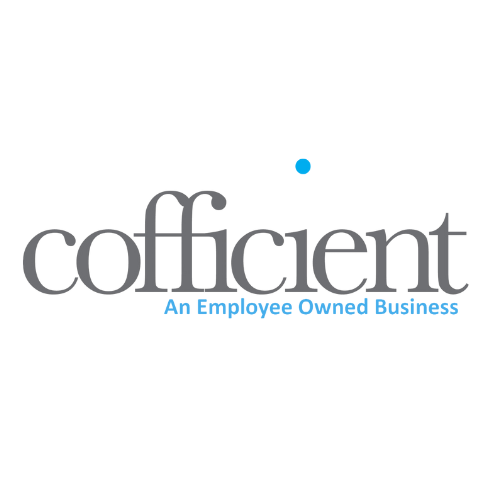
Automating the AP Process for Manufacturers
Efficiency and accuracy are essential in the Manufacturing Industry. The Accounts Payable (AP) process, often seen as a monotonous and time-consuming task, now faces the opportunity for a dynamic shift. Automation, particularly when infused with the robust capabilities of NetSuite Financial Management, paves the way for an optimised AP process. This blog highlights the benefits, features, and best practices of automating the AP process for manufacturers.
Why Automate the AP Process?
Understanding the value proposition of AP automation is crucial. For manufacturers, time is money, and every manual AP task can slow down the core production processes.
- Operational Efficiency: Automation reduces manual data entry, minimising errors and speeding up invoice processing.
- Cost Savings: Automating accounts payable processes can lead to significant cost reductions, eliminating the need for extensive manual labour.
- Improved Vendor Relationships: Timely payments, accurate record-keeping, and a smooth process can enhance relationships with suppliers and vendors.
- Enhanced Analytics: An automated system like NetSuite Financial Management provides valuable insights, helping manufacturers make informed decisions.
Features of an Automated AP System in Manufacturing
Implementing an automated AP system? Here’s what you can expect:
- Electronic Invoicing: This feature captures, routes, and approves invoices electronically, streamlining the approval workflow.
- Vendor Portal: A dedicated portal where vendors can submit invoices, track payment status, and update their details.
- Integrations: Automated systems often integrate seamlessly with existing ERPs or software solutions like NetSuite Financial Management.
Best Practices in AP Automation for Manufacturers
As manufacturers move towards an automated AP process, adhering to these practices ensures a smoother transition:
- Standardised Processes: Before implementing automation, standardise AP processes across all departments for consistency.
- Employee Training: Ensure that your team understands the new system, emphasising the importance of accuracy and compliance.
- Continuous Review: Regularly review the automated processes, making adjustments as needed to cater to the changing needs of the business.
Risks and Mitigations: Transitioning to AP Automation
Transitioning to an automated AP process is challenging. Manufacturers must be aware of potential risks and proactively devise strategies to mitigate them. Here’s a look at some common concerns and ways to address them:
- Data Security Concerns: Moving to a digital system means storing sensitive financial data online.
Mitigation: Opt for systems like NetSuite Financial Management that adhere to strict security standards, employ encryption, and undergo regular security audits. - Implementation Challenges: Transitioning to an automated system may pose some initial challenges as you adjust to the new system.
- Mitigation: A phased implementation approach, combined with a robust training program, can ensure a smoother transition. Having a dedicated team to address any challenges during the initial phase is also beneficial.
- Software Compatibility: There could be concerns regarding how the new AP system integrates with existing systems.
- Mitigation: Solutions like NetSuite Financial Management are designed to integrate various systems, ensuring seamless operations without glitches.
Automating the Accounts Payable process in the manufacturing industry is about more than just replacing manual tasks with technology. It’s about streamlining operations, making informed decisions, and reinforcing vendor relationships. The advantages of such automation, especially when coupled with solutions like NetSuite Financial Management, are hard to overlook.
If you’re in the manufacturing industry and considering AP automation, evaluate its potential for your business. Discover the advantages of NetSuite Financial Management for your AP processes and set your organisation on a path to operational excellence. Get in touch with the team at Cofficient for more information.



